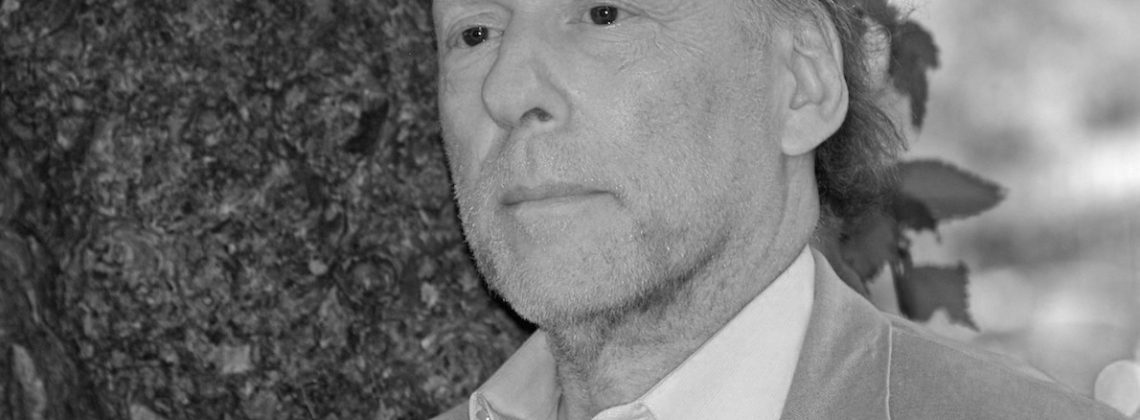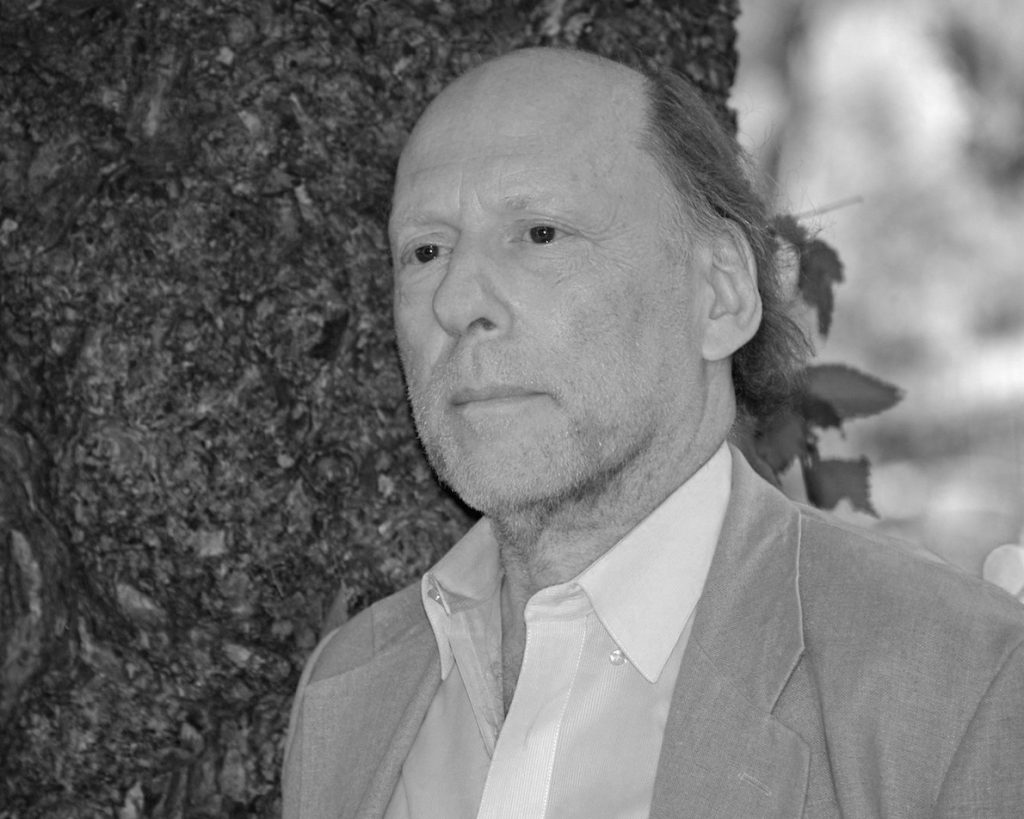

Here is a taste of Dionne’s column on the hero of the New Left who died this past weekend at the age of 79:
…Gitlin was president of SDS from 1963 to 1964 and wrote the best account of the era in which he played an important role. “The Sixties,” published in 1987, captured a kaleidoscopic time in rich detail, but it was also great because Gitlin was so honest, self-reflective and self-critical.
Gitlin never regretted being a radical. But neither did he flinch from describing the moral, strategic and tactical failings of the movement he helped build. Over the years, his worries about his own side always drew on his (small-d) democratic convictions: It was not doing enough to build majorities, to find arguments that appealed to broadly shared sentiments — including patriotism — and to avoid a deadening sectarianism.
I particularly loved his swipe at an inward-looking academic left: “While the Right has been busy taking the White House,” he wrote in “The Twilight of Common Dreams” in 1995, “the Left has been marching on the English department.”
Being a rationalist and a defender of the Enlightenment (this got him into arguments, too), Gitlin saw mistakes as an opportunity for instruction. In a lovely symposium about his life in Dissent magazine, his friend Mitchell Cohen wrote: “Todd Gitlin believed in a left that learns.” Maybe that’s a revolutionary idea all by itself.
In good Gitlin fashion, I have written mostly analytically and historically, so I should confess that I loved the guy. I read him long before I knew him, and discovered later that he was as warm as he was insightful. For more than three decades, I turned to him for sharp cultural and media criticism as well as political encouragement.
When I spoke with him by phone a few weeks ago, he was, at 79, still full of energy, ideas and plans, anxious about the state of our country but still determined to find new strategies forward.
His final public project, an “Open Letter in Defense of Democracy,” was released in October. Organized with Bill Kristol, the prominent anti-Trump conservative, and Jeffrey Isaac, an Indiana University political scientist, it warned that liberal democracy faced “serious danger.”
Read the entire piece here.
Here is a taste of Georgetown historian Michael Kazin’s reflection in Dissent:
I met Todd half a century ago on a perfect afternoon in Berkeley. He soon became the political big brother I never had. When Todd wrote about what was wrong in our country and what the left should do about it, I either agreed with him immediately or needed to understand why I did not—and assumed he could persuade me to change my mind. In the 1990s, I longed to be on the editorial board of Dissent because Todd was a member of it—along with other writers I admired. To me, his commitment meant the magazine was the place to find smart commentary and stylish prose.
Better than anyone I have known, Todd combined a passion for changing the world with a healthy skepticism about those on our side who, in their own righteous zeal, made self-defeating choices. He knew what drove some SDSers—like me—to try to “bring the war home” but also cautioned that smashing windows and making bombs would only push more Americans into the not-so-silent Nixonian majority. He empathized with the hunger for recognition, respect, and power that drove identity politics while arguing that “To recognize diversity, more than diversity is needed. The commons is needed. To affirm the rights of minorities, majorities must be formed.”
When most liberals and even some radicals backed the war in Iraq, Todd explained how foolish and treacherous was their confidence that toppling Saddam Hussein and occupying his country would begin a new era of democracy throughout the Middle East. “What it is far more likely to bring about is carnage and a boost to terror,” he wrote in Dissent. “The risks are too great to justify war. Wars get out of control and are, after all, hellish.”
Read the rest here.